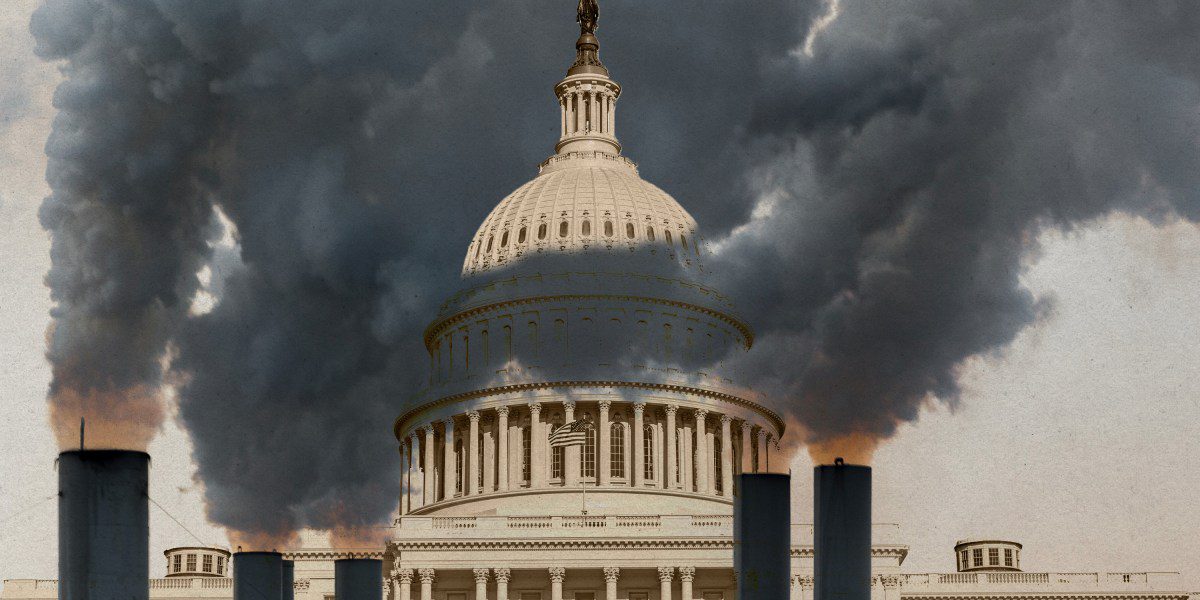Why U.S. Scientists Must Stay in the IPCC Process: The Future of Climate Change Research
Let’s face it: climate change isn’t just another buzzword; it’s a pressing reality affecting every corner of our globe. Dr. Pamela McElwee, a professor at Rutgers, is ringing the alarm bells, emphasizing that U.S. scientists must keep their hands in the pie of the Intergovernmental Panel on Climate Change (IPCC) process. But why exactly does this matter so much?
The Power of Participation
When Dr. McElwee says the IPCC is our “flagship global assessment report on the state of climate,” she hits the nail on the head. Think of it as a pivotal scoreboard, crucial for tracking our planet’s health. If U.S. scientists pull out, it’s like deciding not to follow your favorite sports team. You miss critical updates that inform your perspective and, frankly, your actions.
We’ve already seen the fallout when the White House let go of hundreds of researchers working on the National Climate Assessment. They were responsible for breaking down the risks of climate change in the U.S. If that’s not alarming enough, the American Geophysical Union (AGU) and the American Meteorological Society teamed up to publish a “special collection” to keep that research alive. As AGU president Brandon Jones puts it, “It’s incumbent on us to ensure our communities are all protected.”
The Risks of Relying on Nonprofits
So what’s the deal with turning to nonprofits and companies for climate data—can we really trust them? While these organizations do incredible work, they can’t march to the beat of the research drum forever. There’s nothing like the resilience of long-standing federal programs. Relying solely on them feels like throwing a party at someone else’s house without cleaning up afterward. The data continuity we get from NOAA, NASA, and other agencies provides vital context for understanding climate trends.
Let’s break this down. If the U.S. says, “Hey, we won’t keep track of our emissions properly,” it sends a pretty terrible signal to other countries that are facing similar challenges. We could end up more isolated than ever, and guess what? That’s not good for anyone.
What Happens When We Take a Backseat?
Dr. Poulter makes a great point: the nonprofit sector can only handle these responsibilities for so long. It’s like putting a band-aid on a leaking pipe—you might feel good temporarily, but deep down, it’s just a matter of time before the waterworks begin again. Without proper government engagement, we risk creating gaps in critical datasets. And when that happens? We lose our grasp on reality.
Here’s a small example: Just think about how long it takes to establish trust in climate data. Years of consistent reporting from federal agencies have shaped how scientists and policymakers view climate change. If we start dismantling that, what are we left with? Shaky findings that could steer us in the wrong direction.
The Cost of Inaction
Here’s the kicker: maintaining these monitoring systems isn’t just important for scientific integrity. It’s costly—truly prohibitively so. If we start scattering these responsibilities, we could see a decline in not just quality but also availability of vital data. It’s like using a cheap knock-off phone charger that stops working halfway through.
We need a unified front, right from the federal level. Failing to calculate our emissions and communicate that data to the world says, “We don’t care.” And honestly, in a world that’s increasingly interconnected, who can afford that kind of negligence?
So what’s your take? Should the U.S. step up its commitment to the IPCC process and set an example for other countries? Want more insights like this? Let’s keep the conversation going!
For a deeper dive into the American Climate Policy landscape, check out this piece.
